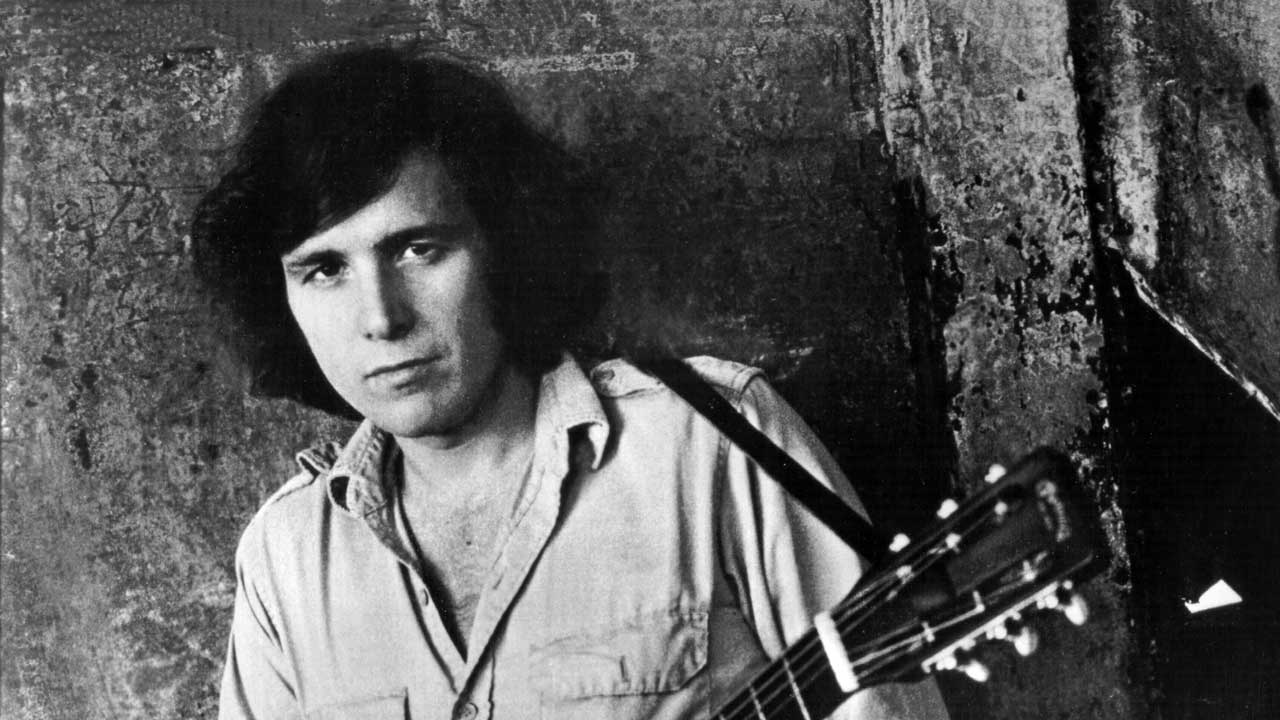You can trust Louder
Outside the venue, a curious passer by wants to know what’s going on.
“Who’s playing tonight” he asks.
“Primus,” this writer replies.
“What sort of music is that?”
“Well… imagine if Hanna-Barbera had created Rush,” comes the inadequate response.
Therein lies the Primus conundrum. Because, how do you verbally describe this most individual of bands? Just when you think you have them pegged, they’ll throw in something to confront you. And that’s true of the way they tackle tonight’s two distinct sets.
The first is an opportunity to play some of their more popular compositions. Opening with Those Damned Blue-Collar Tweekers and Last Salmon Man, they clearly display their 70s classic rock roots. You can hear the ghosts of ZZ Top, Bowie, Aerosmith and Van Halen in Wynona’s Big Brown Beaver, Lee Van Cleef and Eleven.
The latest news, features and interviews direct to your inbox, from the global home of alternative music.
You can dance to the groove, as many here do, yet Primus have dismembered and dislocated the rhythms, reconstructing the songs as dysfunctional brain teasers. These allow Les Claypool to display his bass dexterity, while Larry LaLonde flashes through guitar heroics and Tim Alexander breaks in with disorienting drum fills.
Although, if you think you have Primus pigeon-holed, then the second set throws all conclusions into turmoil. Augmented by cello and additional percussion, they re-enact last year’s Primus & The Chocolate Factory album with a menacing, surreal sound that’s enveloping, enticing.
Above them, a screen is filled with scenes from the 1971 movie Willie Wonka & The Chocolate Factory, but these images have been treated with psychedelic effects, immeasurably adding to the unsettling impact. At times, it’s hard to separate the visuals from the music. Such is the seeming symbiosis, one wonders if one could either exist without the other. Two Oompa Loompas occasionally stride onstage to add to the feeling of this being an acid trip, as the underlying horror and message in the story are brought into focus by what is a beautifully bonkers soundtrack.
As Farewell Wonkites clambers to its conclusion, the band have already sneaked offstage before anyone realises the performance is over, the empty, dark stage echoing with an appropriate silence. But this is never going to be the end. And the band return for Too Many Puppies, the screen filled with martial images, Southbound Pachyderm, a symphonic tornado accompanied by the sight of an elephant jumping ever higher on a trampoline, and Here Come The Bastards.
For two-and-a-half hours across two sets, Primus amaze and confound. They remain indecipherably, irreverently vital. Yes, just who was playing tonight?
Malcolm Dome had an illustrious and celebrated career which stretched back to working for Record Mirror magazine in the late 70s and Metal Fury in the early 80s before joining Kerrang! at its launch in 1981. His first book, Encyclopedia Metallica, published in 1981, may have been the inspiration for the name of a certain band formed that same year. Dome is also credited with inventing the term "thrash metal" while writing about the Anthrax song Metal Thrashing Mad in 1984. With the launch of Classic Rock magazine in 1998 he became involved with that title, sister magazine Metal Hammer, and was a contributor to Prog magazine since its inception in 2009. He died in 2021.


